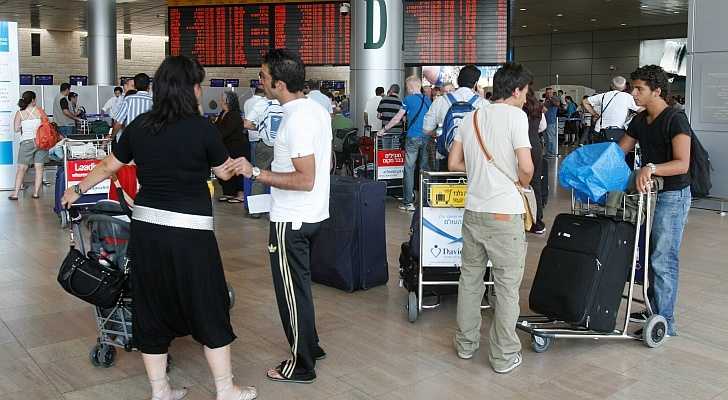Israel's cabinet on Sunday approved an open skies agreement to boost airline traffic to and from Europe, defying a strike by workers at El Al and two smaller airlines Arkia and Israir who fear the greater competition with foreign airlines will cost them jobs.
The Open Skies agreement is meant to reduce restrictions on European carriers for using Israeli airspace, thus increasing competition. It would expand the number of flights between Israel and Europe and allow Israel to become a layover hub. Now it is a final stop.
Tourism Minister Uzi Landau praised the deal in a statement saying "the cabinet took the right decision for the citizens of Israel, for Israeli economy and for tourism in Israel."
Finance Minister Yair Lapid said the "agreement is right for the public, the economy and tourism," but stressed that he will relate to Israeli airlines' heavy security costs.
As a result of the agreement, Israel's three airlines -- El Al, Arkia and Israir – went on strike on Sunday as they are opposed to the deal, saying it would result in widespread layoffs.
The strike ended on Monday after an agreement was reached with the government. The Finance Ministry said it agreed to address the airlines' concerns over security costs derived from deal. The government currently pays 70% of Israeli airlines' security costs and had agreed to raise it to 80%, but the airline did not deem that enough. El Al itself paid USD$33 million for security in 2012.
The Finance Ministry said it had reached an agreement on security issues with El Al but did not provide details. The Histadrut, Israel's main labour federation, said in a separate statement that the state would finance 97.5% of Israeli airlines' security costs.






